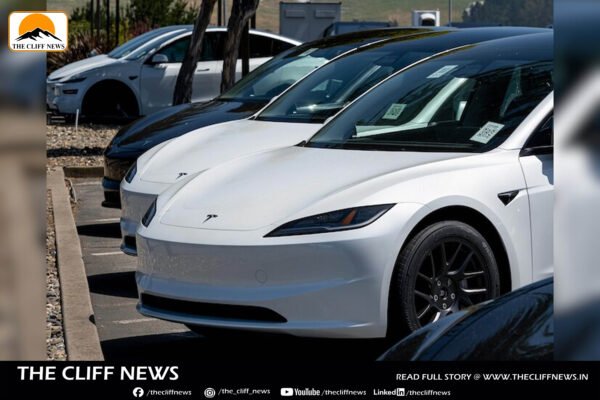Samsung India Workers’ Union Announces Protests Over Alleged Anti-Labour Practices
The Samsung India Workers’ Union (SIWU), supported by the Centre of Indian Trade Unions (CITU), has called for a series of protests to condemn what they describe as anti-labour practices by Samsung India’s management. The union alleges that the company has been offering salary hikes only to employees who sign agreements facilitated by a management-backed group, while excluding other workers from these benefits. During a union meeting held on Sunday, it was decided to escalate the protest, with a one-day hunger strike scheduled for May 13. Following this, on May 14, workers will hold a rally in Kancheepuram, where they will wear black badges and appeal to the District Collector for intervention in the matter. Further actions include a demonstration on May 16 in front of the Directorate of Industrial Safety and Health in Guindy, where the union will press for action against alleged illegal production activities at the Samsung facility. On May 19, a mass petition will be submitted to the South Korean Embassy, urging diplomatic intervention to address repeated violations of Indian labour laws and trade union rights. Additionally, the union plans to lodge a formal complaint with the National Human Rights Commission, citing alleged human rights abuses against workers at the company’s manufacturing plant. E. Muthukumar, SIWU president and CITU Kancheepuram district secretary, has called for direct negotiations between the union and Samsung India’s management, specifically regarding demands for wage revisions and other issues. He also demanded the immediate revocation of suspensions for 25 union office-bearers and members, along with the withdrawal of any retaliatory actions. Muthukumar has urged both the state government and the labour department to take strong actions to resolve the ongoing dispute.










